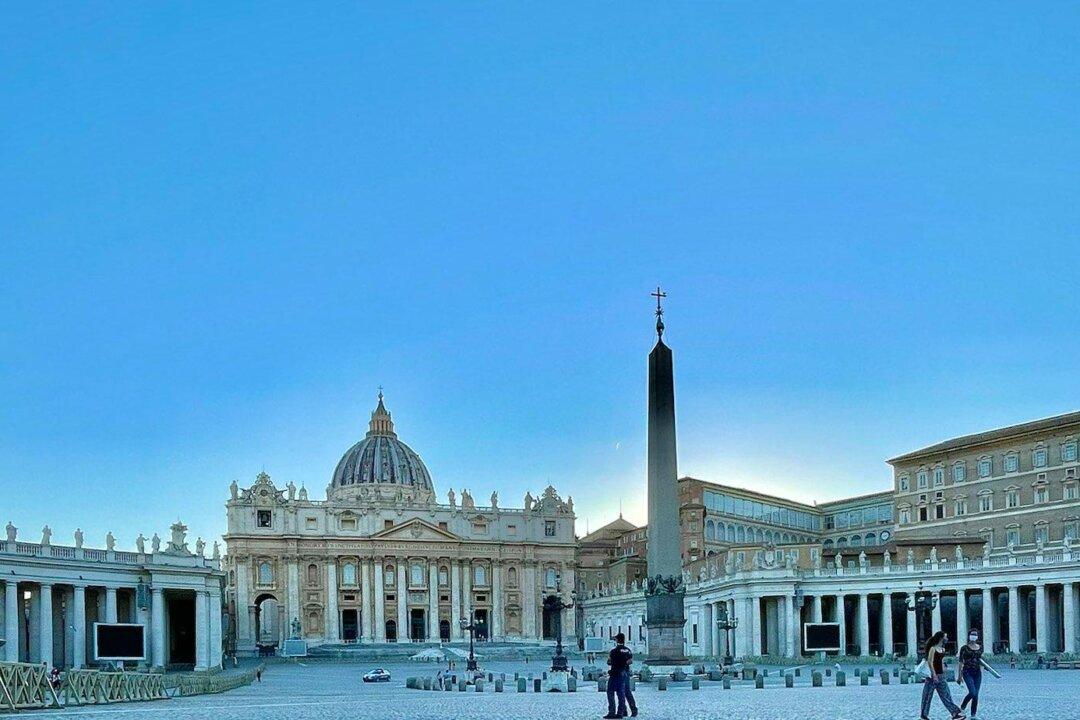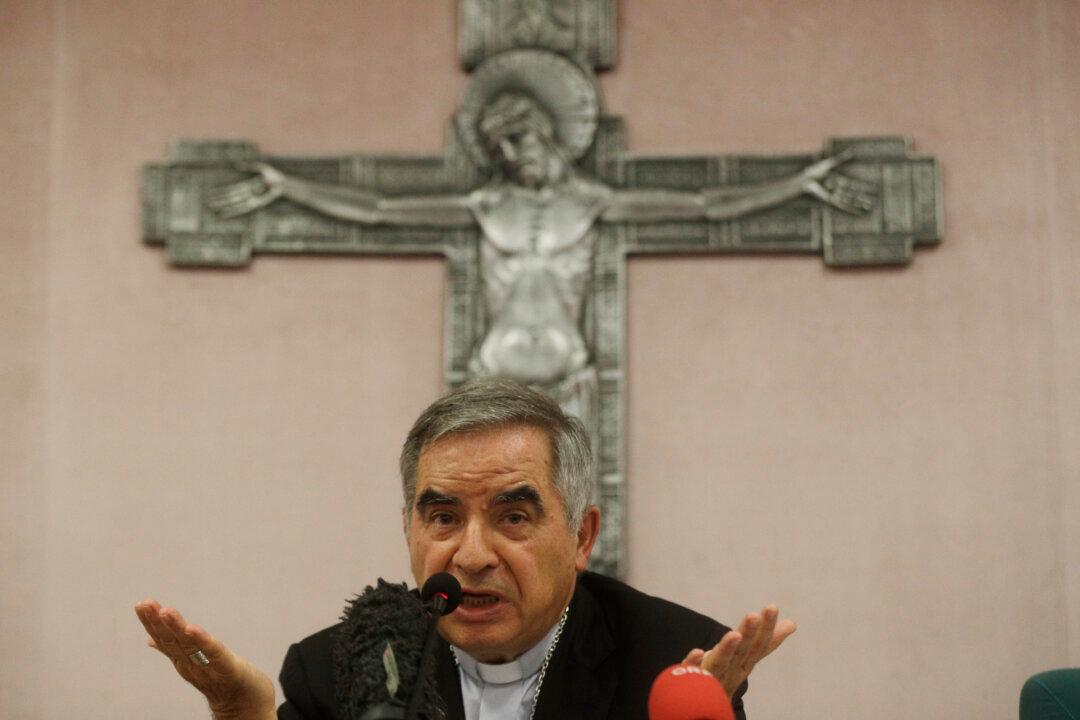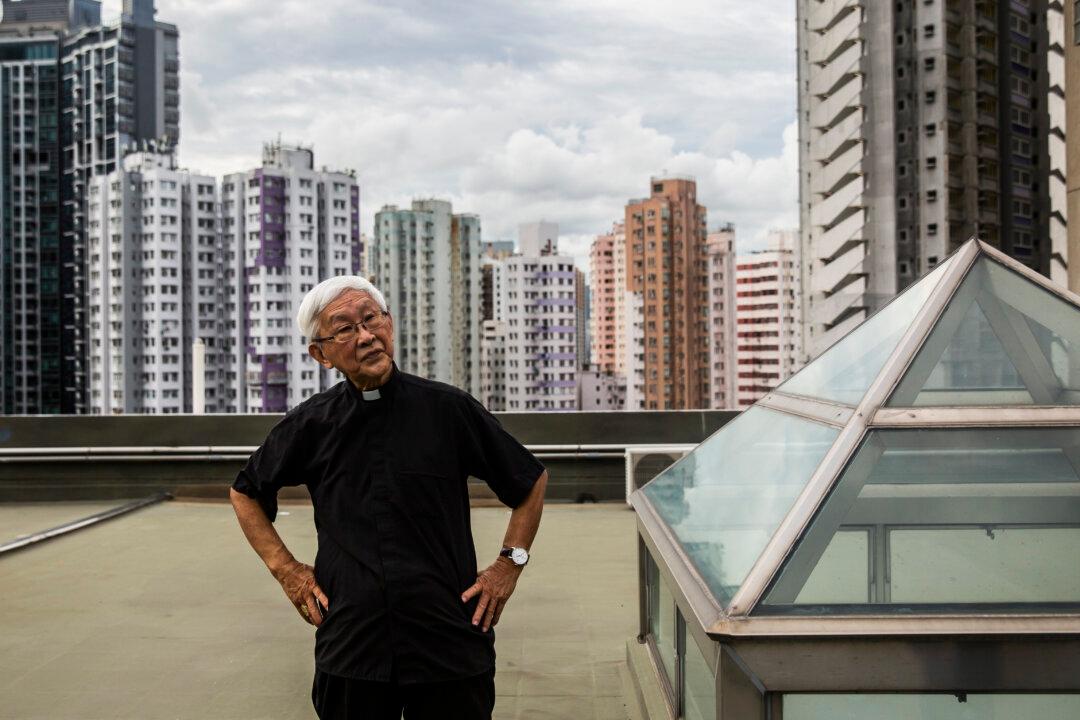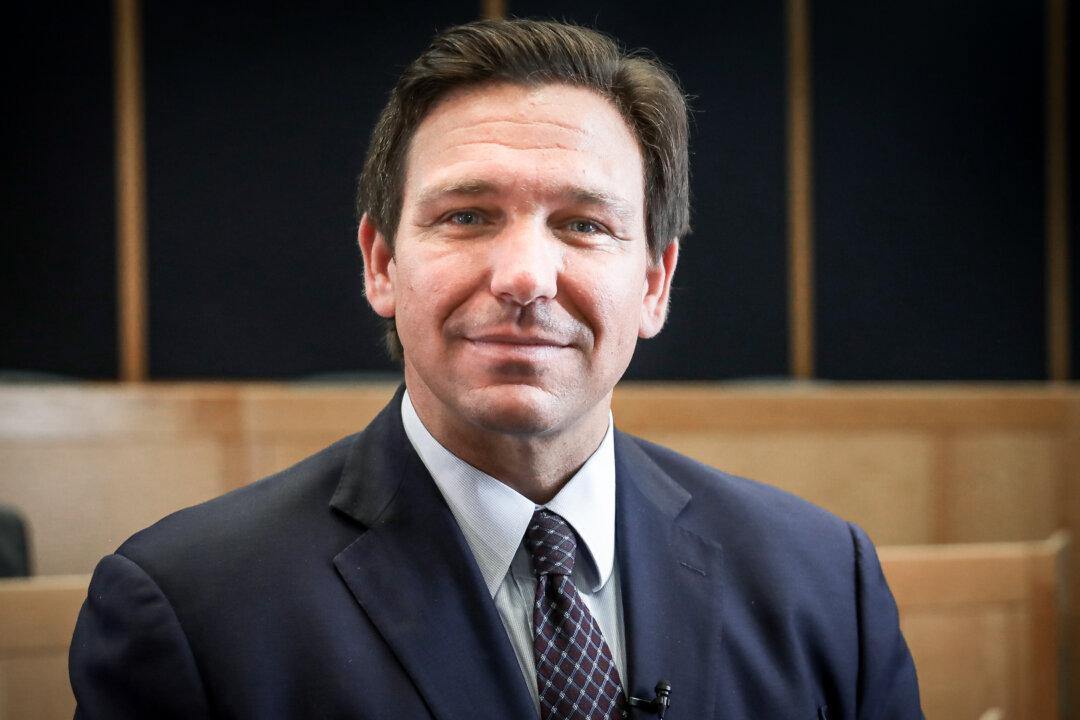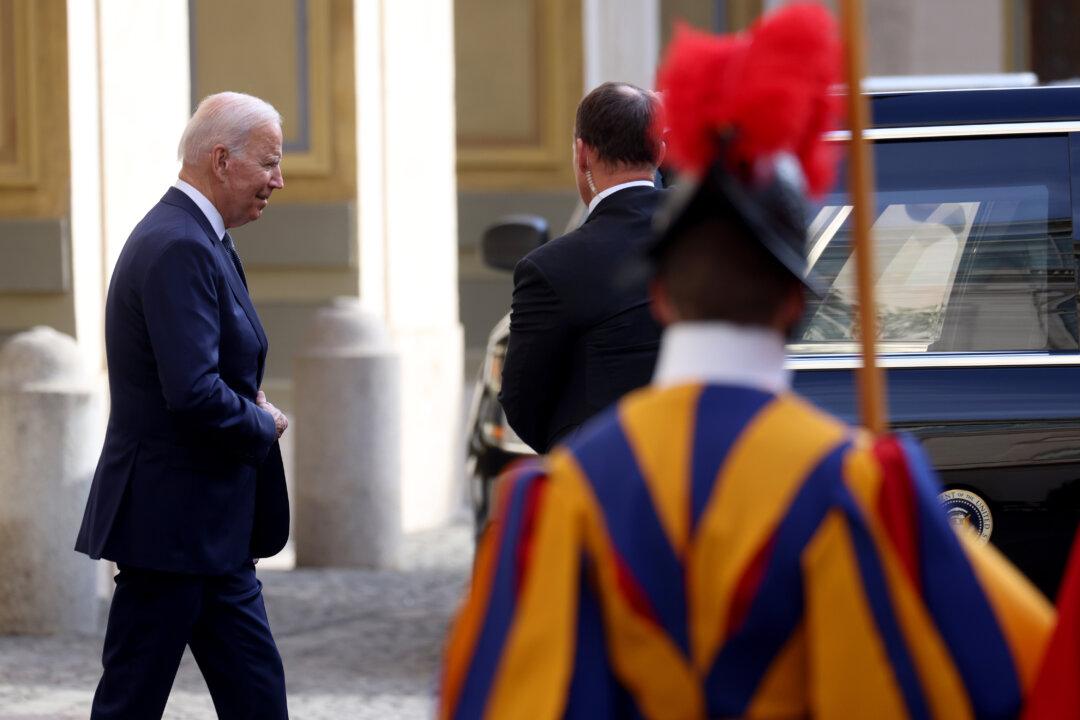VATICAN CITY—The historic corruption trial of a cardinal of the Catholic Church—the former No. 2 in the Secretariat of State—resumed on Oct. 5 after a nearly three-month adjournment, with the refusal of the prosecution to provide to the defense audio and video evidence dominating the proceedings.
As reported by The Epoch Times in July, Pope Francis had ordered a change in the law within the Vatican, so that a member of the clergy at the cardinal’s rank could be tried by laymen in lower courts. Up until this change, cardinals were judged solely by the pope.
